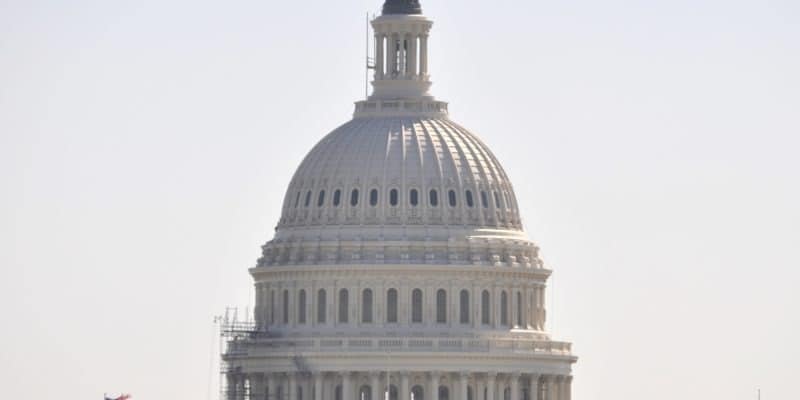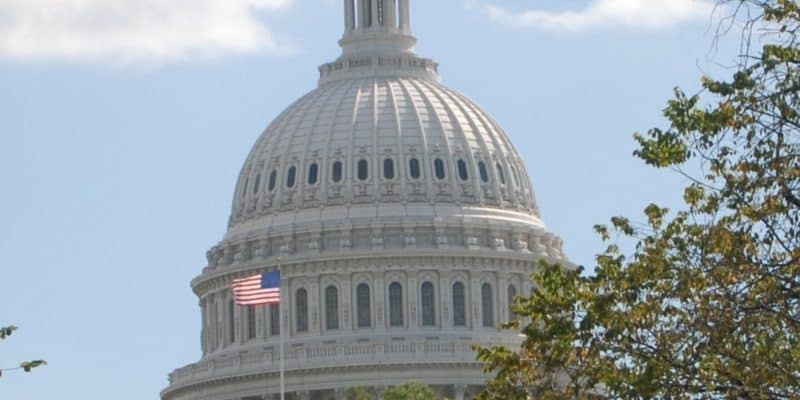March 4, 2020
It might seem like working people in the District of Columbia have a lot to celebrate. In fact, researchers at Oxfam not long ago named DC the most worker-friendly place in the country. Over the past few years, the DC Council has raised the minimum wage, guaranteed paid sick days, and created a paid family leave program.
But despite these accomplishments, there’s something wrong in our city: Employers frequently violate basic workplace laws, and DC is failing to protect workers’ rights. The name of the problem is wage theft, and it wreaks havoc on the lives of working people. Wage theft occurs when a worker is denied the wages or benefits to which he or she is legally entitled. Common forms include not paying minimum wage or overtime, denying paid leave, and failing to pay for all hours worked.
In too many cases, employers steal from their workers. One study estimated that low-wage workers lose 15% of their income to wage theft; another estimated that nationwide minimum wage violations alone cost low-wage workers $15 billion per year. Across the country, millions of people have their basic workplace rights violated every year.
Research commissioned by the DC Department of Employment Services (DOES) estimates that nearly 40,000 workers per year experience minimum wage violations here in DC. Those of us who work with the low-wage community hear stories of wage theft over and over again. My research, which involves detailed interviews with low-income people, found that wage theft is a persistent and devastating problem in their lives.
Wage theft makes it hard to pay rent, buy food, go to the doctor, and keep on the heat and water. Many workers feel angry, depressed and helpless over it. For some, the strain becomes too much, and they think about or even attempt to die by suicide. Wage theft weakens families and communities, strains the social safety net, and makes it hard for legitimate employers to compete against companies that cut costs by defrauding employees.
How can this be the case? In 2014, DC passed a law specifically designed to attack wage theft. The Wage Theft Prevention Amendment Act increased civil and criminal penalties, expanded the authority of DOES, incentivized lawyers to take on claims, and issued a clear statement about our city’s values. It is one of the most robust and progressive anti-wage theft laws in the country.
But that law is, in many ways, failing.
Today, workers who suffer wage theft have four options: They can go to the DC Office of the Attorney General (OAG), find a private lawyer, file a lawsuit themselves, or file a wage-theft claim with DOES. Realistically, though, DOES has to be the primary enforcer of basic workplace laws. Both the OAG and private-sector attorneys have increased enforcement activities, but resources are limited. The vast majority of people can’t get a lawyer to represent them, and filing a lawsuit on their own is too intimidating and confusing. Going to DOES should be a quick, easy and effective way to fight back against wage theft. In reality, it’s anything but.








